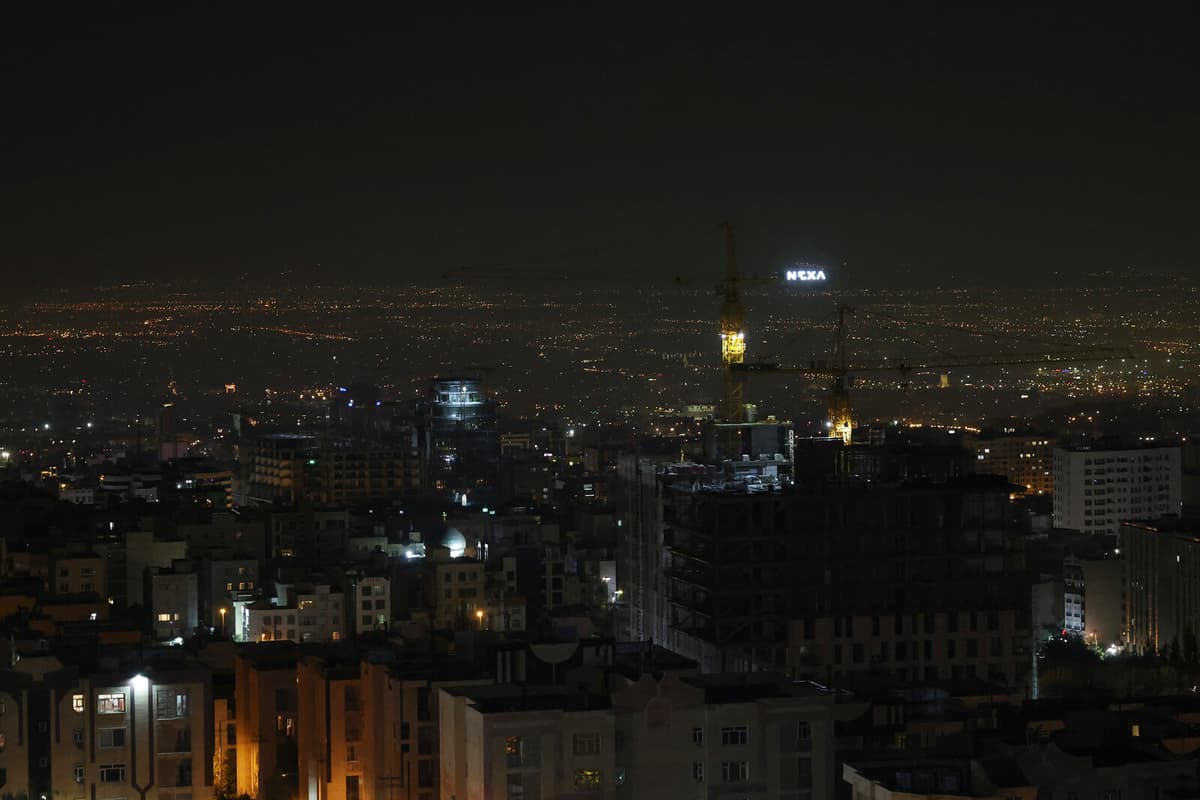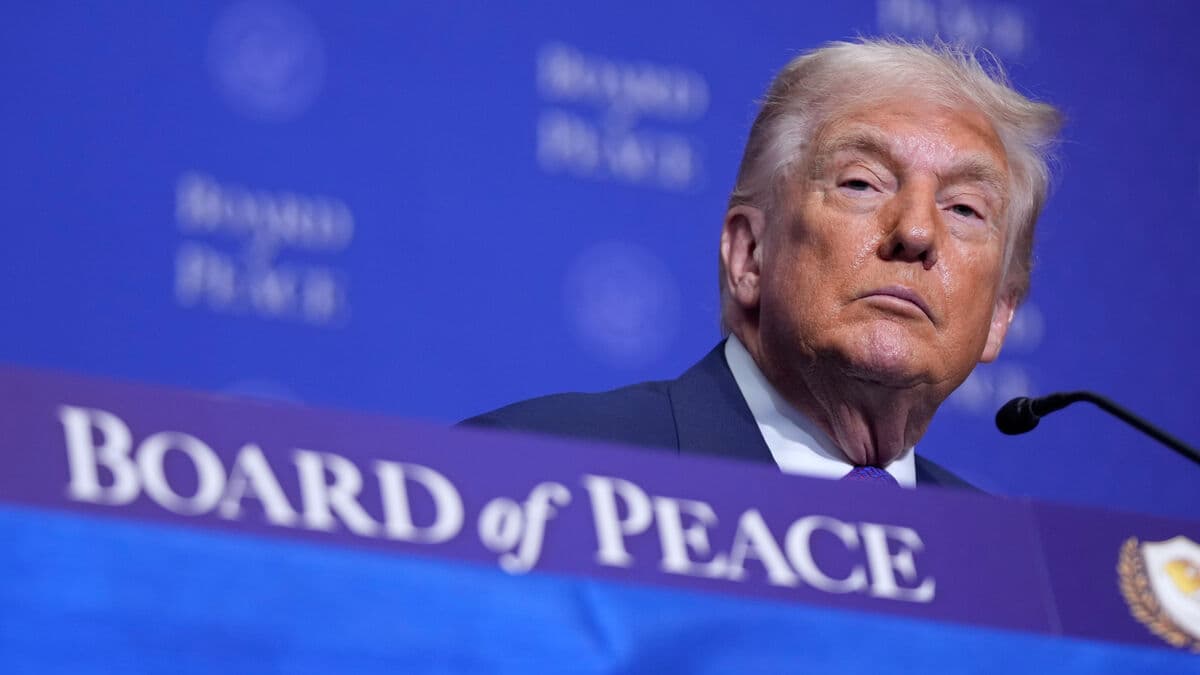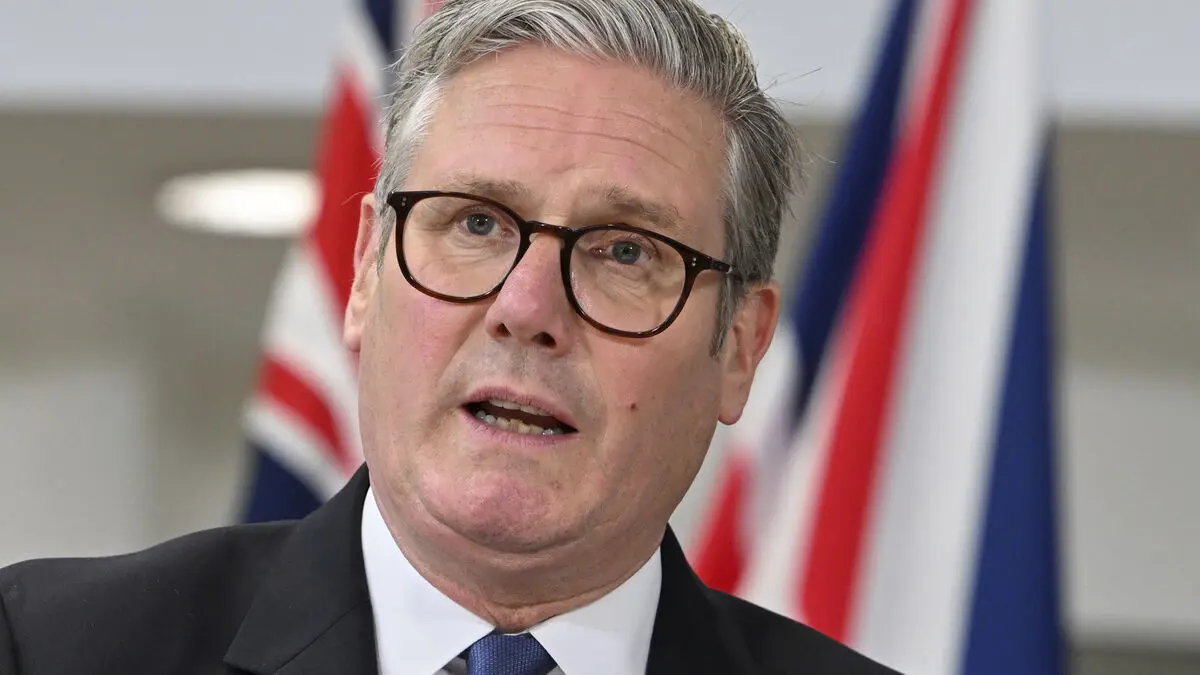Since Iran fired around 200 rockets at Israel on October 1, the world has been waiting to see how Israel's Prime Minister Benjamin Netanyahu and his government would respond.
This has taken longer than many analysts thought, most did not think it would happen so close to the American presidential election, says Anders Persson, political scientist at Linnaeus University.
The delay could partly be due to Israel's recent success in killing Hamas leader Yahya Sinwar, according to Persson.
This could have been a narrative that they wanted to draw out.
Advertisement
He emphasizes that there were five possible types of targets for Israel: military infrastructure, financial infrastructure, oil infrastructure, infrastructure related to the nuclear program, and the Iranian leadership.
"A marking"
Based on the information currently available, it appears that Israel has stuck to the military part, which according to Anders Persson is the most expected and least escalating.
This is a marking rather than an escalation, he says, adding that it's an initial assessment.
For the Biden administration, an expected attack of this kind is likely to have a calming effect, says Persson. If Israel had instead struck at oil production, it could have escalated conflicts with retaliatory attacks and a skyrocketing oil price as a result.
Then Donald Trump could have pointed to Joe Biden and Kamala Harris and said that they are weak and that he himself is an alternative.
Different perspectives
Although it's possible to view last night's Israeli attack as relatively restrained, there are certain aspects to keep in mind, notes Anders Persson. He mentions, for example, that there are reports that Israel has struck at air defense systems, including around the capital Tehran.
If it turns out that their air defense system has been knocked out and Tehran is unprotected, it could be a way for Israel to send a signal that they are prepared to strike deeper next time.
Another aspect is that Israel has stated that they are finished with the operation against Iran for now.
Iran has not expressed anything like that yet.






